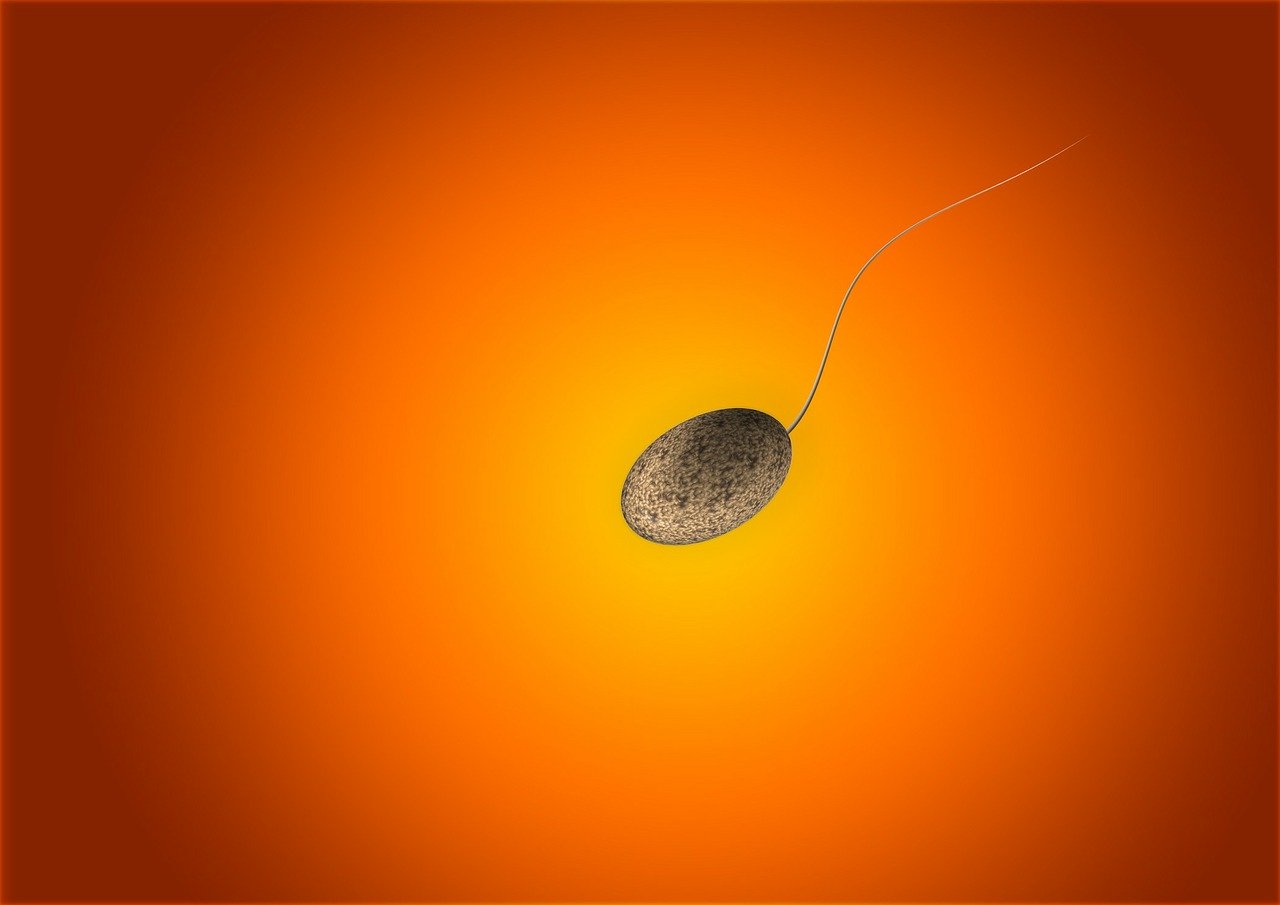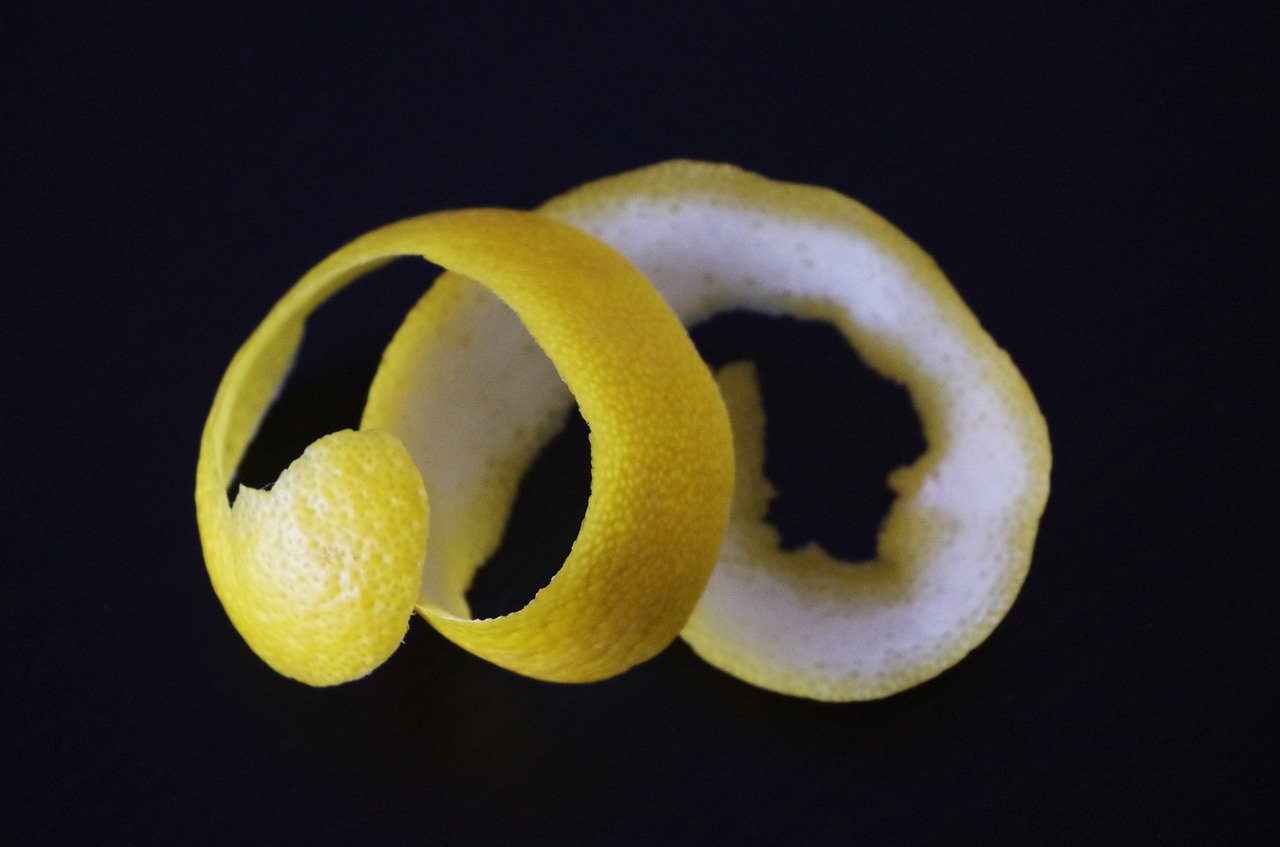In January 2020 researchers from Turkey published the results of their study to assess the association between lifestyle factors (body mass index, smoking, alcohol consumption, coffee intake, physical activity, sauna … Read more
A distinctive smell, stress, menstruation, changes in weather and sunlight, sleep deprivation are all known triggers of migraines and tension-type headaches in adults with the geographical location and ethnicity also having a role to play
In February 2019 researchers from Malaysia published their review on the triggers for migraine and tension-type headaches in adults, with the researchers assessing the influence of geographical location, ethnicity and … Read more
Lack of exercise and drinking carbonated drinks/soda increase the risk of obesity in both male and female adolescents
In February 2020 researchers from the USA published the results of their study to assess how obesity and trying to lose weight are associated with: (1) up to 5 physically … Read more
The Xbox-Kinect could potentially be incorporated into a rehabilitation programme to help improve whole-body movement and physical activity of individuals with chronic stroke
In December 2018 researchers from Israel published the results of their study to assess whether the Microsoft Xbox with the 3D Kinect sensor may be suitable for encouraging and practicing … Read more
Vitamin D deficiency appears to be associated with impaired muscle strength and reduced mobility in the elderly
In October 2019 researchers from Ireland published the results of their study to assess the association between impaired muscle function and serum vitamin D status in community-dwelling older adults. A … Read more
Preterm birth (before 37 weeks) and early preterm birth (before 34 weeks) appear to be reduced in women receiving omega-3 long chain polyunsaturated fatty acids either as supplementation or dietary addition plus possibly a reduced risk of perinatal death, neonatal care admission, and low birth weight babies but possibly a small increased risk of large for gestational age babies
In November 2018 researchers from Australia published their review of the medical scientific literature to assess the effect of omega-3 long chain polyunsaturated fatty acids, either as a supplement or … Read more
A higher fruit consumption reduces the risk of lung cancer among current smokers and former smokers, whilst vegetable intake is significantly associated with a reduced risk of lung cancer in current smokers
In August 2019 researchers from China published their review of the medical scientific literature to assess the association between fruit and vegetable intake and lung cancer risk in individuals with … Read more
Vitamin D supplementation probably reduces the risk of pre-eclampsia, gestational diabetes, low birthweight and may reduce the risk of severe postpartum haemorrhage, whilst vitamin D and calcium probably reduces the risk of pre-eclampsia but may increase the risk of preterm birth (before 37 weeks)
In July 2019 researchers from the USA published their review of the medical scientific literature to assess whether vitamin D supplementation, either alone or in combination with calcium or other … Read more
Calcium supplementation before and early in pregnancy may reduce the risk of women experiencing pre-eclampsia or pregnancy loss at any gestational age
In September 2019 researchers from South Africa published their review of the medical scientific literature to assess the effect of calcium supplementation, given before or early in pregnancy and for … Read more
Phthalate levels in dust from homes were found to be stongly associated with modern flooring materials (laminated wood/wood), modern window frames (aluminum/plastic steel), leather polish and and perfume
In February 2020 researchers from China published the results of their study to assess exposure levels to phthalates in Chinese homes and to relate these to building materials and lifestyles. … Read more
Frequent use of household cleaning products in early life appears to be associated with an increased risk for childhood wheeze and asthma but not atopy at age 3 years
In February 2020 researchers from Canada published the results of their study to assess the association between use of household cleaning products in early life and childhood respiratory and allergic … Read more
Supplementing the diet with a combination of multiple immune-supporting nutrients, including vitamins A, E, B6 and B12, folate, iron, copper and selenium but especially vitamins C and D and zinc, may improve immune function and reduce the risk of infection
In January 2020 researchers from the USA and Switzerland published their review on nutrients and the immune system. It has been established that multiple nutrients, including vitamins A, D, C, … Read more
Calcium, vitamin D, folic acid and resveratrol supplementation may prevent the development of hypertensive disorders in pregnancy
In January 2020 researchers from Italy published their review of the medical scientific literature to assess whether dietary supplements are able to lower blood pressure levels in pregnant women with … Read more
Dietary exposure to polychlorinated biphenyls through the consumption of fish appears to be associated with an increased risk of heart failure in both women and men whilst an intake of long-chain omega-3 fatty acids is associated with a reduced risk
In May 2019 researchers from Sweden published the results of their study to assess the association between dietary exposure of polychlorinated biphenyls and risk of heart failure, taking into consideration … Read more
The beneficial effect of fish consumption on the cardiovascular system may be compromised by a co-exposure to polychlorinated biphenyls
In February 2020 researchers from Sweden, Spain and the USA published the results of their study to assess the associations of dietary exposure to polychlorinated biphenyls and long-chain omega-3 fish … Read more
An anti-inflammatory diet appears to reduce the risk of heart failure in current and ex-smokers but not in never smokers
In January 2020 researchers from Sweden, Poland and the USA published the results of their study to assess the association between an anti-inflammatory diet and risk of heart failure taking … Read more
In older women, non-milk drinkers and those with a higher intake of dairy products appear to have an increased risk of osteoporotic fracture
In November 2019 researchers from Australia published the results of their study to assess the association between milk and total dairy consumption and osteoporotic fracture in women. A total of … Read more
Cosmetic Ingredient Review Panel publish their safety assessment on citrus-derived peel oil ingredients
In September 2019 researchers from the Cosmetic Ingredient Review Expert Panel in the USA published their safety assessment of 14 citrus-derived peel oil ingredients. These ingredients are most frequently used … Read more
A beneficial association between the MIND diet and cognitive function has been seen as well as a suggested benefit with the Alternative Healthy Eating Index
In January 2020 researchers from Spain, Italy and the USA published the results of their study to compare the associations of 5 dietary patterns with cognitive function. The five dietary … Read more
The quality of the specific components of a plant-based diet is also important to consider, as not all plant-source foods have beneficial cardiovascular effects
In March 2019 researchers from the USA published their review on the use plant-based diets for reducing the risk of cardiovascular disease, specifically distinguishing between healthy and unhealthy plant-based diets. … Read more




















